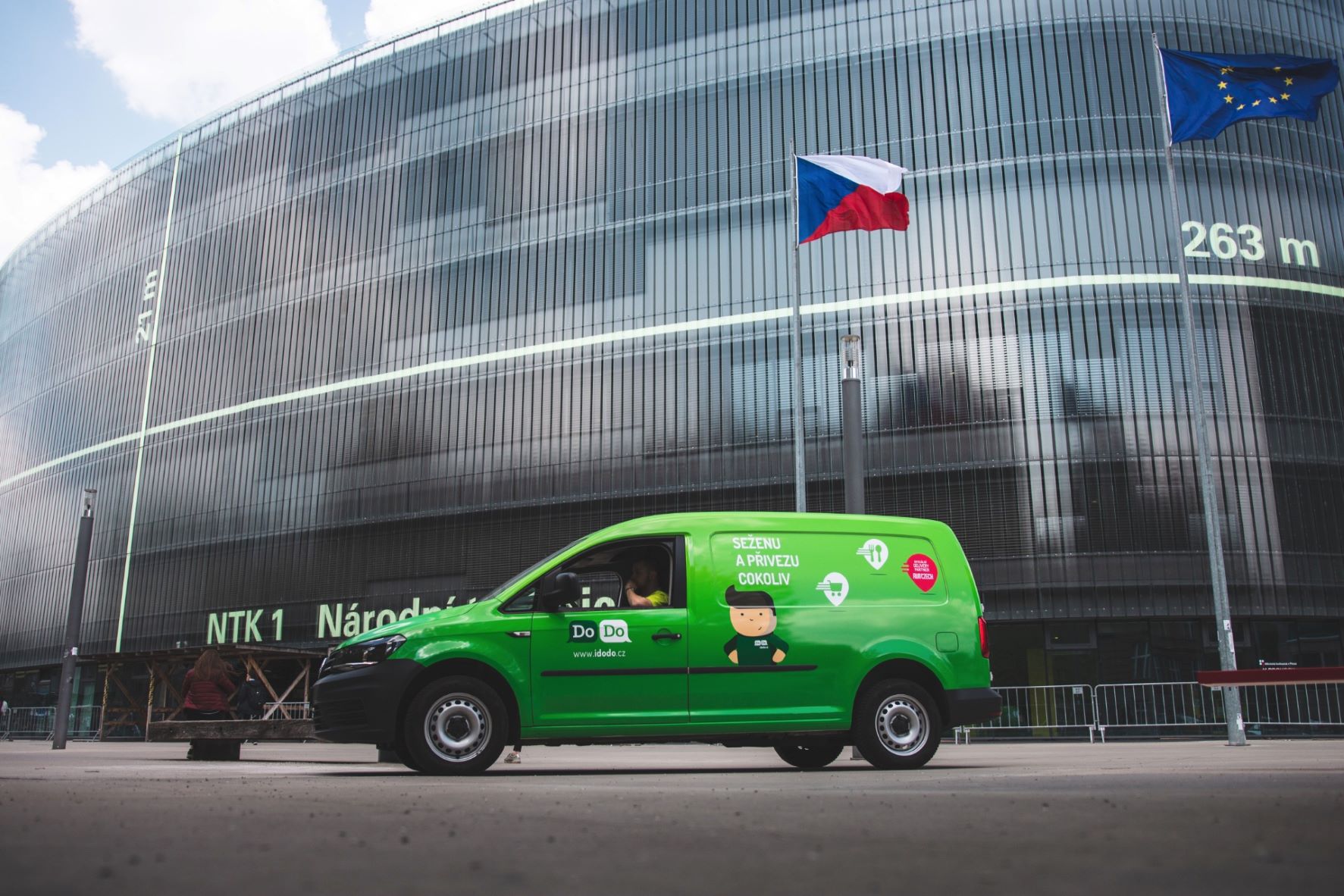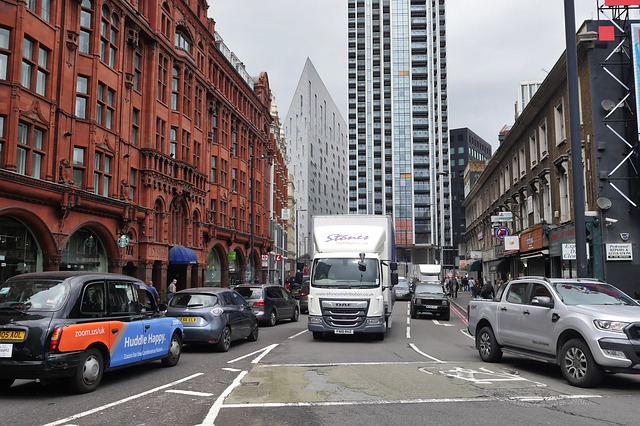CAKE, the Swedish maker of premium lightweight, electric motorbikes, has launched CAKE :work; a new series of powerful and durable electric utility vehicles designed and developed for professional applications such as delivery drivers (food and parcel), craftsmen, and service professionals.
With the launch of the :work series, CAKE will speed up the transition to sustainable cities and facilitate significant cuts in emissions by offering solutions and opportunities for businesses striving to develop environmentally sustainable and more efficient services and logistics. The new series of professional-grade electric two wheeled vehicles addresses several urgent challenges facing metropolitan areas worldwide.
Globally there are two billion fossil fuel-driven vehicles on the road that emit five gigatons of CO2 annually – driving climate change. To date, more than 150 cities worldwide have announced restrictions on combustion engine transportation. Innovation and investment in sustainable transportation must happen at haste, to navigate tighter emissions targets and restrictions on fossil-fuelled vehicles.
“The CAKE :work series offers the immediate potential of moving last-mile deliveries and mobile workforces away from traditional solutions for urban transportation, clearly exceeding the efficiency of both cars and bicycles, making this initiative our single most important contribution to date in speeding up the process towards a zero-emission society,” says Stefan Ytterborn, founder and CEO of CAKE.
“Any industry that handles large volumes of short-haul transportation of both people and goods understands the daily struggle with traffic jams, parking fines, and the need to find both economical and sustainable fossil fuel-free vehicles. At CAKE, we truly believe that the future for last-mile deliveries will be electric and run on two wheels.”
CAKE for professionals
Designed and developed in close collaboration with different professional user groups, the new :work series builds upon CAKE’s three existing platforms: Kalk (high performance off road), Ösa (modular utility bike), and Makka (urban commuter).
Optimising power, reach, efficiency, and capacity, the adjustments and reinforcements specific to the :work series include an increased range that allows the bike to run for the full working day, and power support which enables workers to power electronic tools or regulate the temperature of food delivery boxes, for example.
Additionally, :work has an increased towing capacity as well as a more compact design, such as narrower handlebars, allowing riders to more easily weave between cars. That will allow riders to modify and customise their machines in more than one hundred different configurations to suit their type of work.
The :work series is built to endure the demands of the working professional, offering a low total cost of ownership and, as a result, increased profit margins. Additionally, much like the other series, they are designed to have minimum impact on the environment. This makes it an ideal solution for last-mile deliveries (an industry which is expected to be worth over $200bn by 2027), the e-commerce delivery sector (growing by more than 78% in 100 of the world’s largest cities), and food deliveries, which are predicted to grow by 60%.
The bikes
Makka :work – the lightweight and agile urban shuttle comes in two new models (45km/h and 25km/h). Now with more peak power, up to 110km range and new accessories to carry more loads. The new Makka model comes with external power outlets, allowing users to supply off-grid power to electric gadgets as well as heavy-duty power tools like grinders, drills, and more.
Ösa :work – the powerful workbench and towing truck on two wheels. Comes in three models, with top speeds of 90, 45 and 25km/h, with more peak power, up to 160km range, and new trailers to haul loads of up to 1,500 litres. As with the original Ösa, these bikes can also supply off-grid power to heavy-duty tools and gadgets through the bike’s battery system.
Kalk :work – the efficient outbound explorer. Its 18” off-road tires and unique :work ride modes makes for a bike ideal for surveillance, service, patrolling or similar, to reach remote places through rough terrain. The new Kalk :work is street-legal and comes with a new rack to bring work tools or gear along.
All bikes come with new :work ride modes, adapted for professional user needs. They also come with custom ride modes, available to customise directly in the CAKE Connect App.
A wide range of new accessories have been added, as well as new pre-configurations. Among the highlights are the rear and front carrier, together carrying loads of up to 150kg. The new big Carla Cargo trailer pulls loads of up to 150kg and the compact Fårö trailer carries up to 50kg of weight.












